Revolutions are not always violent and bloody. They can also be carried out in seemingly softer ways but still being equally pervasive and destructive of the norms and society they are intended to change. This is the case with cultural revolutions, where actions are taken in schools, universities, and the media and in people's minds without resorting to the use of force.
To make it clear, a cultural revolution doesn’t automatically exclude the use of violence. An emblematic example was Mao's Chinese Cultural Revolution that cost the lives of millions of people. However, what has happened in Western democracies in the recent decades is a different but equally dangerous revolutionary phenomenon. It is a trend that originated in 1968 when the society of that time was radically questioned, starting with, not surprisingly, the university world. The 1968 revolution, the nefarious consequences of which are described by Augusto Del Noce in his books, was the first alarm bell of a drift that has become explicit in recent years: first with the triumph of political correctness, then through the cancel culture and finally with the woke culture. Today, despite the lack of awareness exhibited by a large part of the population, a new cultural revolution is taking place, as Christopher Rufo recounts in his latest book 'America's Cultural Revolution: How the Radical Left Conquered Everything'.
Rufo is one of the best-known voices among young American conservatives. A senior fellow at the Manhattan Institute for Policy Research, he has argued on numerous occasions against the so-called 'critical race theory'. This is a theory, particularly widespread in academia in the United States, according to which racism is not only based on the prejudices of individuals but is systematic in various laws and norms. According to Rufo, this theory 'represents an existential threat to the United States' having 'pervaded every aspect of the federal government'. Another topic that the American conservative activist has long dwelt on is gender and the spread of LGBT theories in schools.
The battles he has waged from the columns of the 'City Journal', on social media, at numerous conferences, are summarised in his latest book, which is already a bestseller in the United States. According to Rufo, in recent years there has been a cultural revolution led by the radical left that has affected every sphere of our society, thanks to which the 'radical Marxists' (as they are called by the author) have taken control of the main American institutions.
Rufo makes a comparison between the Chinese Cultural Revolution during which those who opposed Mao's regime had to be 're-educated' and what has happened in America since the 1960s through a slower but equally effective revolution. The author tries to put himself in the shoes of 'normal Americans' who ask themselves a series of questions about how the current situation has come about, trying to identify its genesis from authors and thinkers who have influenced the new revolutionary left: from Herbert Marcuse to Angela Davis, from Paulo Freire to Derrick Bell.
The young conservative activist traces how the radical left has progressively taken control of the world of schools, universities and even public administration with its ideas, warning of the danger of a quantum leap in the radicalisation of ideas and replacing the concept of equality enshrined in the Constitutions with a new model based on ethnicity in which bureaucratic officials promote 'diversity and inclusion'. Although the majority of Americans are against this drift, the fact that the establishment and key US institutions are now imbued with the fruits of the cultural revolution makes it far from easy to intervene.
In the opening chapter 'Revolution', Rufo questions how the radical left has come to spread its ideas in the institutions by establishing a 'new ideological regime' and then dwells on its main themes, starting with race as the Black lives matter. A chapter is dedicated to the topic of education, the central role played by schools in this new cultural revolution and how Marxism has conquered American schools. Finally, the last part of the book entitled "Power" also focuses on the development of "Critical Race Theory".
In the final paragraph entitled "The Counter-Revolution to Come" Rufo, after listing the successes of the American Cultural Revolution, dwells on the need for response: "The most urgent task for the enemies of critical theory is to unmask the nature of ideology, the way it operates within institutions, and to devise a plan to strike back. [...] The opposition must stand in the gap between the utopian abstractions of the cultural revolution and its concrete failures. It must develop a strategy to besiege the institutions, sever the link between ideology and bureaucracy, and protect the ordinary citizen from the imposition of values from above. The task is to respond to the forces of revolution with an equal and opposite force, creating a new ground for the common life of the nation and reorienting the institutions towards the eternal principles of the nation'.
The task ahead, Rufo concludes, is counterrevolution.
Read also
Country Report: Italy, January 2023
Italy's new foreign policy between support for Kiev and the Mediterranean gas pipeline.
Francesco Giubilei
Pasquale Ferraro
Conservatives and Classical Liberals - What to Choose?
In a political and cultural context as changeable as the contemporary one, any use of rigid categories to define parties and alignments or thinkers and men of culture can be misleading.
Francesco Giubilei
The centre-right wins in Lazio and Lombardy and strengthens the government
On 12-13 February 2023, votes were cast in Lombardy and Lazio, two of the main Italian regions where the cities of Milan and Rome are located. Lombardy is one of Europe's most important economic regions with 10 million inhabitants and a gross domestic product higher than many European states.



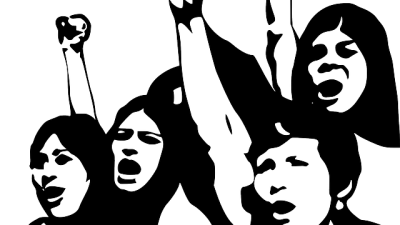

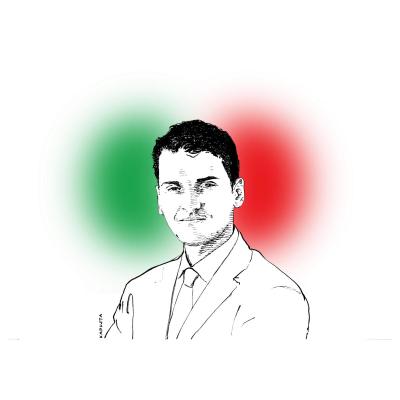


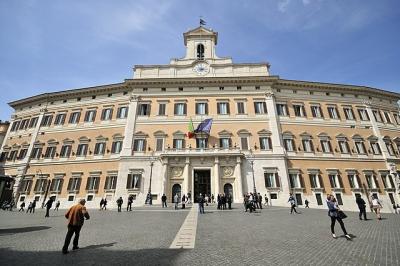

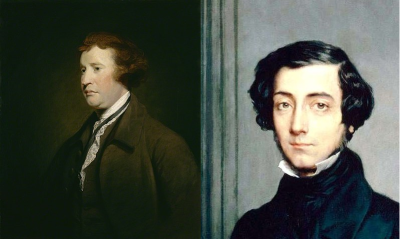

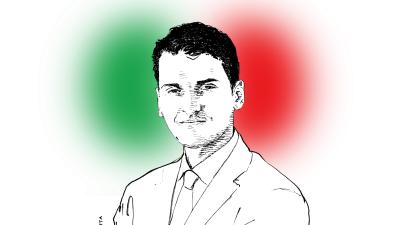

Comments (0)